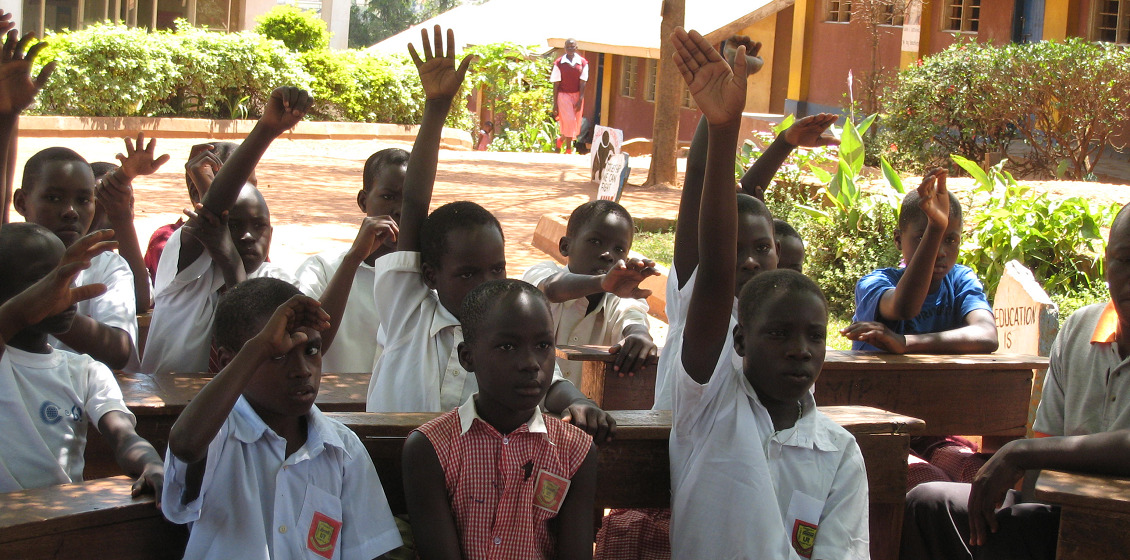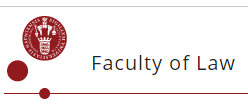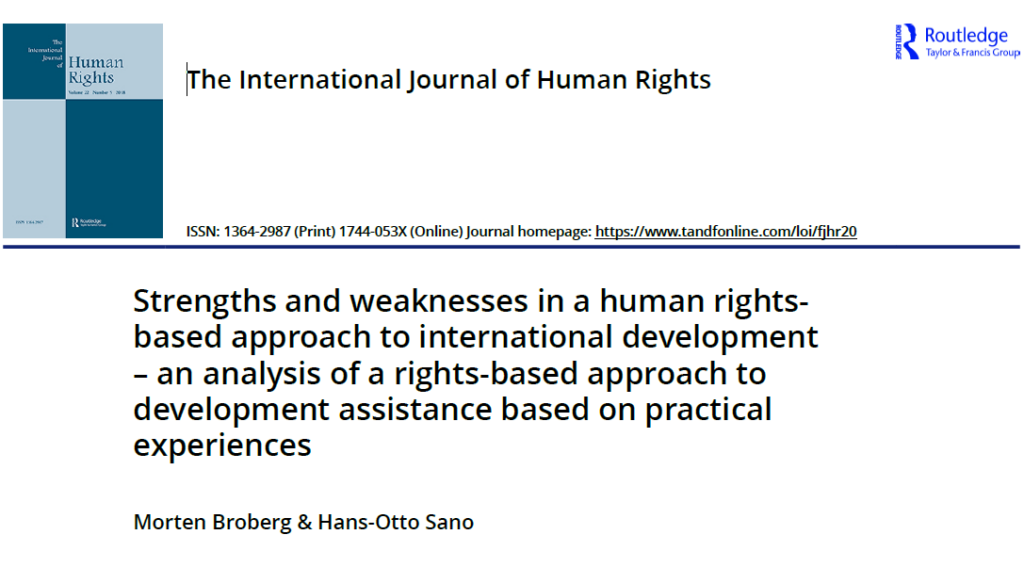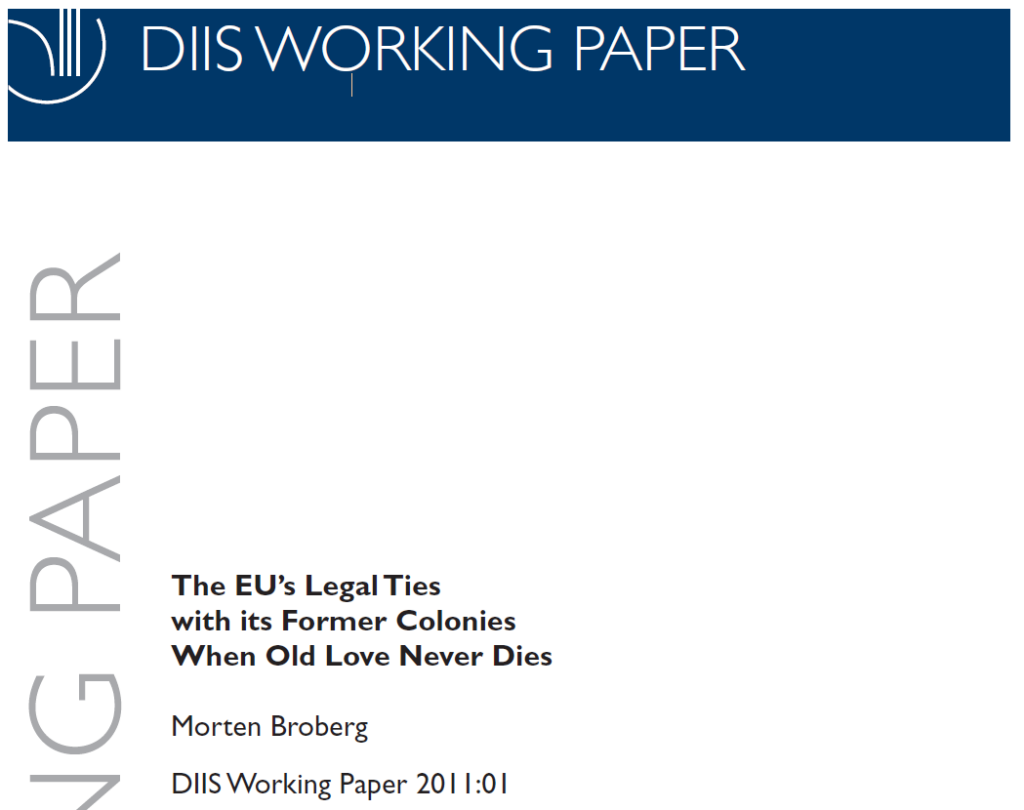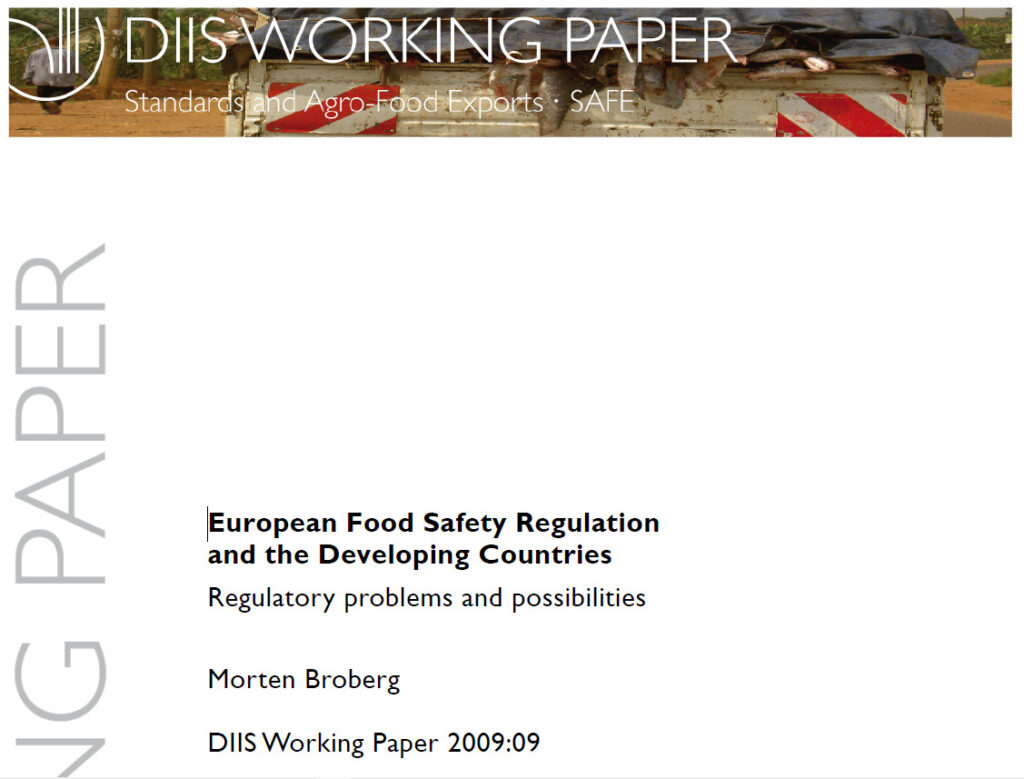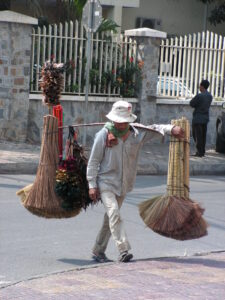A professor in international development law is a kind of ”technician”, who can be recruited to contribute to broader research and development projects. That is the modest approach of one of the pioneers in the field.
A teacher in a small village in Northern Uganda is committed to educating young Ugandans for the future. But in many cases, he has a deep dilemma. He and his family cannot survive with his salary. He needs to earn a lot more money.
”This teacher has three possible options,” explains Morten Broberg, who is professor of international development law at University of Copenhagen. ”Either he can quit his job. Or he can teach in the morning and ask the children to go out and play in the afternoon while he is earning a supplementary income by doing another job. Or – as the last option – he might ask the parents of the children to pay him an amount which makes it possible for him to teach the children full time. Many of the parents will clearly see their own interest in paying.”
The problem is that legally speaking, the third option will be defined as corruption – and therefore illegal. ”In some instances, corruption actually makes good sense,” Morten Broberg observes. ”We need to look at the matter in a very sober way. Who is it that we want to defend with the legislation? It should primarily be used when someone in the top of society is being bribed with large amounts by somebody else for political or other favors. It shouldn’t be used against a teacher who wants to use his time on teaching.”
Most legislation in the Global South concerning corruption is introduced because the donors of development assistance demand it. But it’s not the same rules everywhere – and sometimes they are even contradictory.
The EU demands are very strict, while the OECD definition allows for a certain level of so-called ”greasing” with low levels of corruption among ordinary people being accepted. ”Based on my observations, these demands from the donor countries should be even stricter in the future. But then you should focus on the top, you should focus on the kinds of corruption which are really a hindrance for fair and sustainable development – and let the teacher in Northern Uganda in peace,” says Morten Broberg.
”It’s true that too often the development assistance ends up in the wrong pockets due to corruption. I have identified important problems in the ways developing countries normally react to problems with corruption. And I have pointed to alternative solutions,” he says. According to Morten Broberg, if you have corruption at the top, it can actually be combatted effectively with efficient legislation and independent courts. There are many examples of that.
”In my opinion, you should aim exclusively at the top and you should do it in a very effective way, so that people at the top can see themselves that they will get nothing out of engaging in grand corruption. If the top doesn’t get anything out of it, they will have no interest in spreading this way of thinking to the lower levels of the local systems.”
Not a Classical Legal Scholar
According to Morten Broberg, ”the most important purpose of my work is to improve the living conditions of the most vulnerable groups in developing countries,” – and it, of course, is done in many other ways than just fighting against corruption.
”The law is an interesting tool, but less so if you look at it only as a legal scholar. The important thing is what it can be used for. I am not a classical law scholar. Being a development law expert is very low-tech and practical, a very pragmatic job. You can be recruited as a kind of a technician to do the legal part of a larger project with a larger development objective. Legislation is a tool, which like any other tool can be used and misused. I am trying to look at the projects in front of me in a larger societal context. That is my approach.
”When I cooperate with colleagues from other professions at development projects, my job is to ascertain what existing legislation says, and consider ways of going forward in slightly different ways which are technically legal.”
As a student, Morten Broberg studied competition law, and he wrote his PhD thesis within classical law. He worked for the EU when he was still very young, and became interested in issues concerning trade restrictions and foodstuffs, another area in which legal matters have great impact on development. Together with DIIS, Danish Institute for International Studies, he wrote an application to the Danish Research Council. The application was successful and allowed him to spend time at DIIS researching development, foodstuffs, and EU-rules.
”Very few scholars in the entire world worked with international development law as their primary field of study. When you carry out research in an undiscovered area, everything you write will in a sense become ’groundbreaking’; simply because nobody has done it before,” Morten Broberg recalls.
Food Security at the Border
“In many developing countries, increase in exports is seen as a key way to improve living conditions. Many developing countries are keen on exporting food products to the European Union, but they have found it extremely difficult to do so. Not because of high tariffs – but because the EU applies very strict food safety rules that producers from developing countries are often unable to comply with.”
”I have analyzed barriers for food products from developing countries to the EU market. And I have in some cases ascertained that there are very practical ways of lowering these barriers without putting the health of European consumers at risk.”
In principle, the regulations in EU’s general food law from 2002 are aimed at producers within the EU countries, but goods that are imported naturally have to live up to the same standards. EU standards were originally non-binding, , referring to these standards, they have become the principal standards for international trade which must be followed if you want to trade with the EU.
“The devil is in the details,” he explains. ”Several studies have shown that making what may appear to be a minor change of a limit value of a given contaminant in food products, may have considerable repercussions for developing countries’ access to the European market. Likewise, many other – apparently minor – details may have wide-reaching consequences. For example the examination points out that something as technical and apparently un-controversial as improving the method of analysis and sampling of the deliveries may have the same effect.”
According to the EU’s own food safety agency, you can reduce the harmful effects of regulations by improving the way they technically are administered. You can refrain from rejecting the entire delivery of ground nuts from Africa as soon as only one of the many samplings from the cargo of a container ship are shown to contain too much of a forbidden substance, if you instead calculate an average of all the sampling results, or change your way of calculating the sampling results in another way.”
“The adopted rule has not been changed, the food safety of Europeans has not been compromised, but the harmful effect on farmers in the South has been reduced – only as a result of another way of administering the rules. In my opinion, this is a model that should be used for the solution of other similar dilemmas”.
Very often, Morten Broberg has been working either almost alone or in cooperation with scholars from other academic fields than law.


